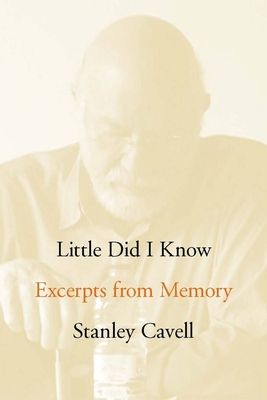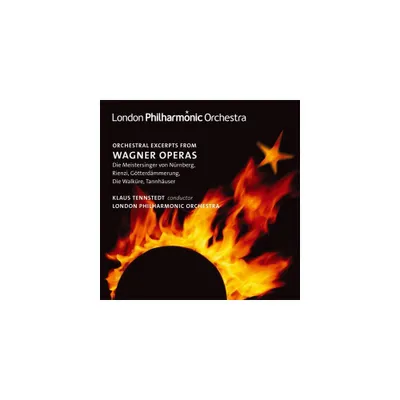Home
Wolpe: Excerpts from Dr. Einstein's Address about Peace in the Atomic Era
Loading Inventory...
Barnes and Noble
Wolpe: Excerpts from Dr. Einstein's Address about Peace in the Atomic Era
Current price: $20.99


Barnes and Noble
Wolpe: Excerpts from Dr. Einstein's Address about Peace in the Atomic Era
Current price: $20.99
Loading Inventory...
Size: OS
*Product Information may vary - to confirm product availability, pricing, and additional information please contact Barnes and Noble
Everyone associated with this project should drop what they are doing, step out on an imaginary stage and take a bow, including all the vocalists and pianists and producer
David Starobin
. As a result of their efforts -- basically carried out over a four-day recording period in the fall of 2005 -- a truly superb collection of
Stefan Wolpe
's modern
classical
vocal music becomes available.
The generous program starts out in 1950 with the provocative
"Excerpts from Dr. Einstein's Address About Peace in the Atomic Era,"
a piece which superficially is worth mentioning simply to print the title and in the deep listening experience which emerges as one of the most complete, if not simplest, meetings of politics and art. It might be described as an
Albert Einstein
and
sandwich if the subject matter of "general annihilation" wasn't so totally unappetizing. The balance of the program are earlier song settings from
Wolpe
's output in Germany during the '20s as well as a series of
"Arrangements of Yiddish Folk Songs"
following his emigration to Palestine in the subsequent decade. An extended work from 1926 places texts from
Hans Sachs
in the setting of a baritone and piano duet, while
"Ten Early Songs"
from the very beginning of the '20s features soprano and piano.
Robert Shannon
,
Jacob Greenberg
Susan Grace
, all keyboardists involved in this project, would be the experts to go to for confirmation of any grandiose opinions expressed in conjunction with these performances. It truly seems as if
's command of these idioms is so thoughtfully prepared as to avoid banal repetition of any element; he'd rather work a little harder, chasing even the traditional elements through the harmonic equivalent of a network of rabbit warrens. His version of
"Amul Is Gewen,"
finale in the
"Arrangements of Yiddish Folk Songs,"
is a
children's song
about musical instruments themselves, presented affably enough as if the little bagpipes or whistles under discussion were gifts from a kindly uncle. All the while the piano part is both rumbling with dissent and shopping for jewelry; this could be what
Albert Ayler
wished his piano players would play. ~ Eugene Chadbourne
David Starobin
. As a result of their efforts -- basically carried out over a four-day recording period in the fall of 2005 -- a truly superb collection of
Stefan Wolpe
's modern
classical
vocal music becomes available.
The generous program starts out in 1950 with the provocative
"Excerpts from Dr. Einstein's Address About Peace in the Atomic Era,"
a piece which superficially is worth mentioning simply to print the title and in the deep listening experience which emerges as one of the most complete, if not simplest, meetings of politics and art. It might be described as an
Albert Einstein
and
sandwich if the subject matter of "general annihilation" wasn't so totally unappetizing. The balance of the program are earlier song settings from
Wolpe
's output in Germany during the '20s as well as a series of
"Arrangements of Yiddish Folk Songs"
following his emigration to Palestine in the subsequent decade. An extended work from 1926 places texts from
Hans Sachs
in the setting of a baritone and piano duet, while
"Ten Early Songs"
from the very beginning of the '20s features soprano and piano.
Robert Shannon
,
Jacob Greenberg
Susan Grace
, all keyboardists involved in this project, would be the experts to go to for confirmation of any grandiose opinions expressed in conjunction with these performances. It truly seems as if
's command of these idioms is so thoughtfully prepared as to avoid banal repetition of any element; he'd rather work a little harder, chasing even the traditional elements through the harmonic equivalent of a network of rabbit warrens. His version of
"Amul Is Gewen,"
finale in the
"Arrangements of Yiddish Folk Songs,"
is a
children's song
about musical instruments themselves, presented affably enough as if the little bagpipes or whistles under discussion were gifts from a kindly uncle. All the while the piano part is both rumbling with dissent and shopping for jewelry; this could be what
Albert Ayler
wished his piano players would play. ~ Eugene Chadbourne


















